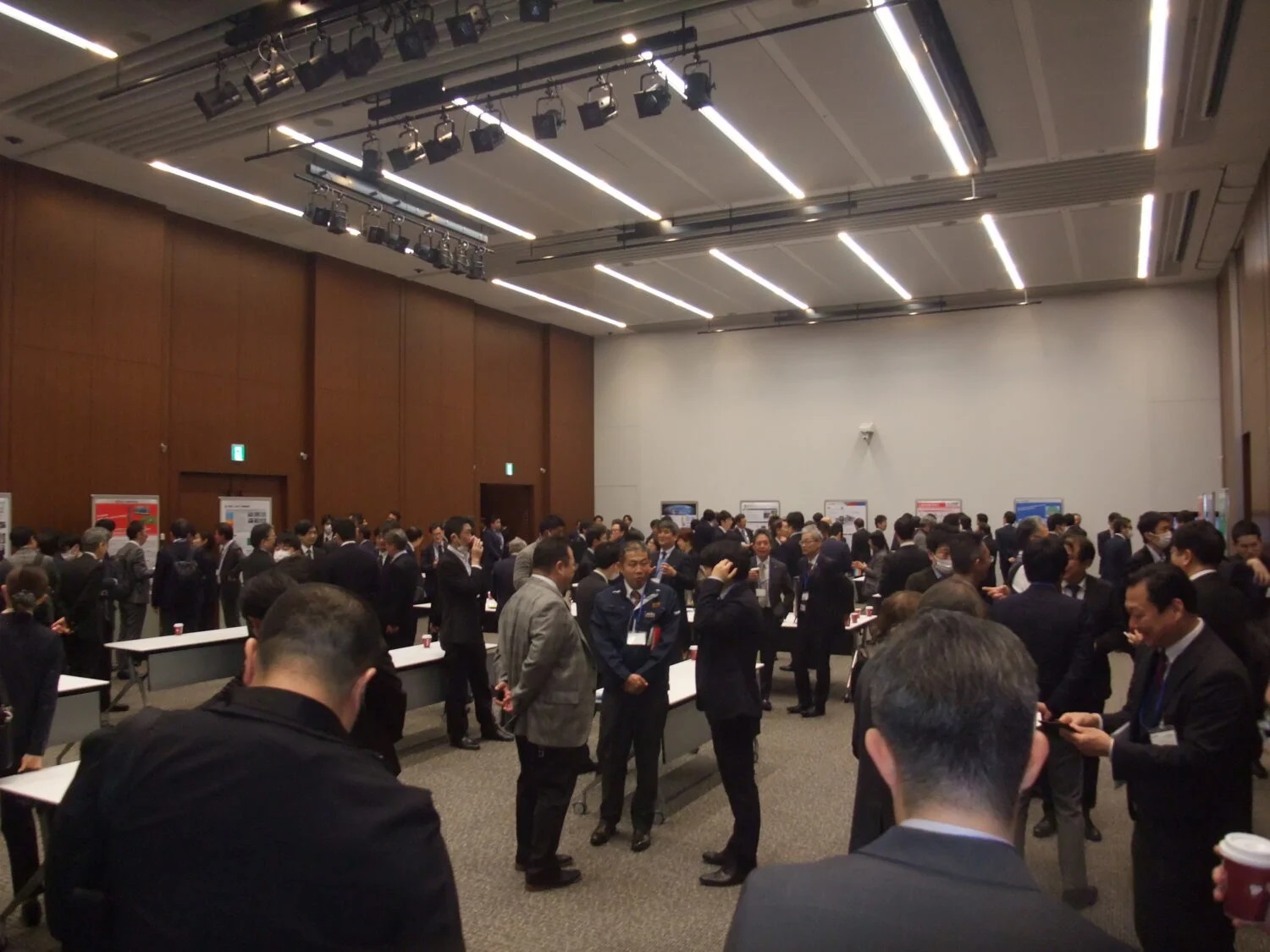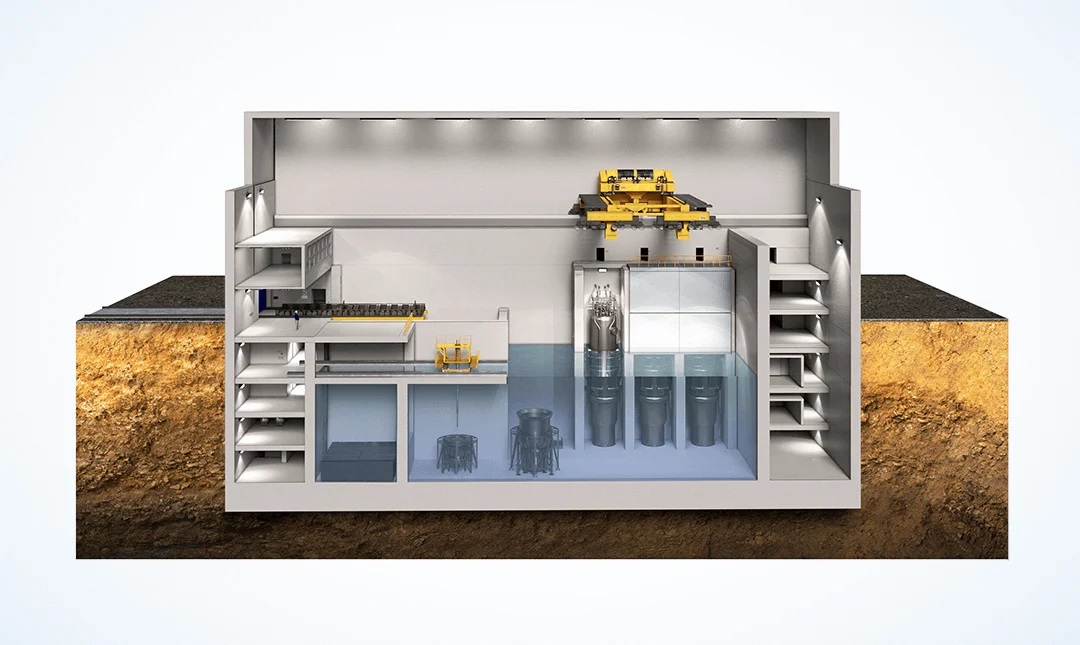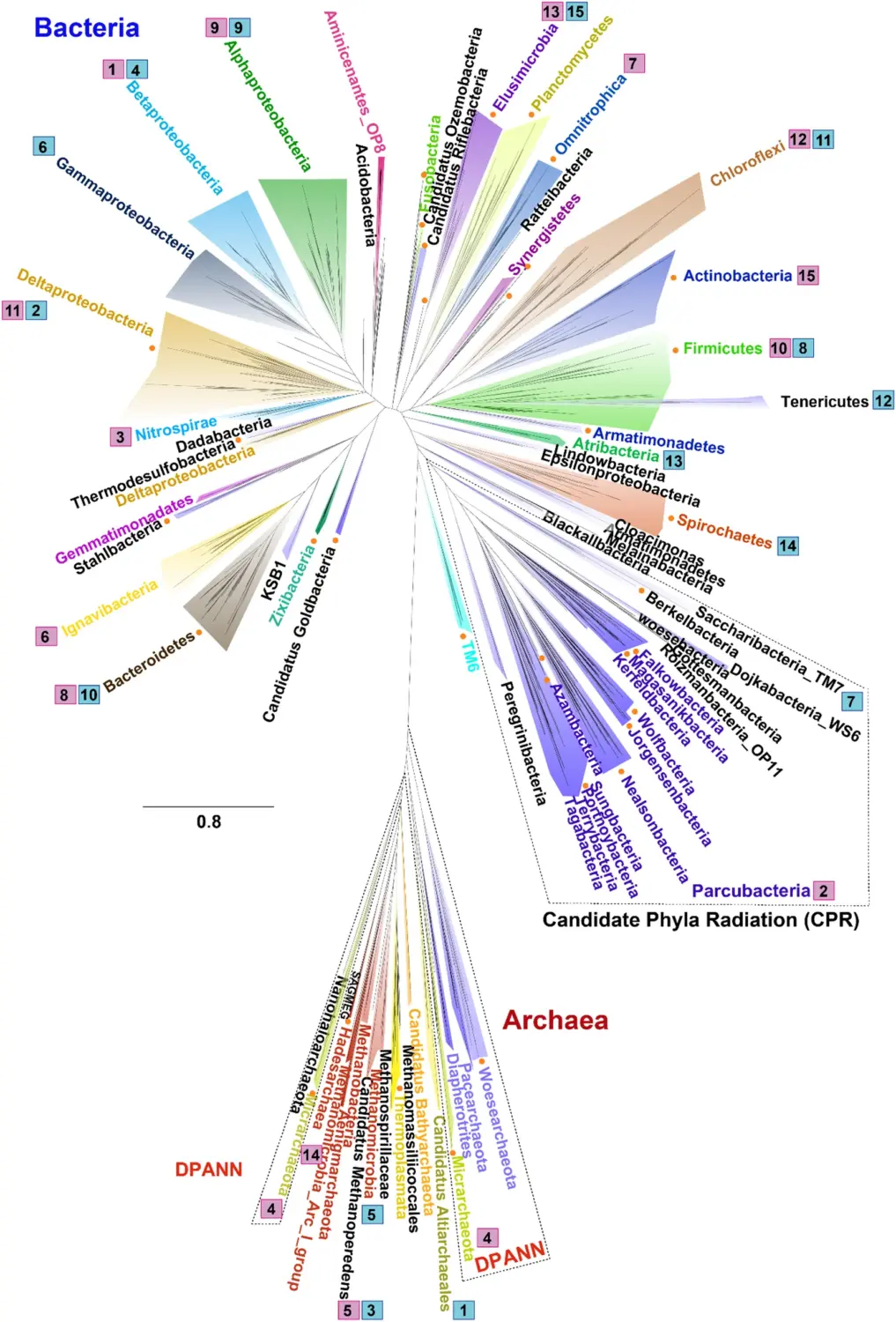With experts and specialists invited from overseas, the symposium addressed measures whereby advanced reactors, including small modular reactors (SMRs), can maintain their competitiveness in a changing energy market. Promoting advanced reactor development is clearly included as part of Japan’s fifth national Strategic Energy Plan.
The symposium kicked off with keynote presentations by Dr. Keith Franklin, first secretary for nuclear at the British Embassy in Tokyo, and others.
Speaking after that was Yuji Matsuo, senior economist at the Institute of Energy Economics, Japan (IEEJ), who identified issues and energy market trends affecting the development of nuclear technology in other countries. Given that the profitability of gas-fired power has improved in the United States, and that hydropower has become cheaper in Canada, Matsuo used the word “severe” to describe the current challenges for maintaining the competitiveness of nuclear power.
Regarding renewable energies, meanwhile, he noted that costs are increasing in the area of electric power systems, setting the stage for a lively discussion.
In the United States, on the other hand, SMRs are eagerly anticipated from an economic point of view, according to comments at the symposium by Yasumasa Fujii of the Department of Nuclear Engineering and Management at the University of Tokyo’s Graduate School of Engineering. He stressed the possibility of future gains as development proceeds along the learning curve and mass production becomes the norm. He said that regional decentralization would also expand opportunities for heat utilization.
Next to be heard were comments by Edward Kee, an energy economist in the United States who serves as CEO and principal consultant at the Nuclear Economics Consulting Group (NECG). Unfortunately, he was unable to be present at the last minute, so he sent a video message instead.
In his message, Kee said that SMRs would not cause similar issues to those caused by large light water reactors (LWRs), but added, “Just being small doesn’t mean that they are cheap and safe.” He emphasized the need in development to grasp the totality of the concepts and systems.
He then said, “Although we can assert the safety of advanced reactors, it is quite difficult to forecast their economy.” It is necessary, he said, to consider how to use them in ways that would find favor in the market, such as utilizing the heat from the reactors for seawater desalination when output is controlled.


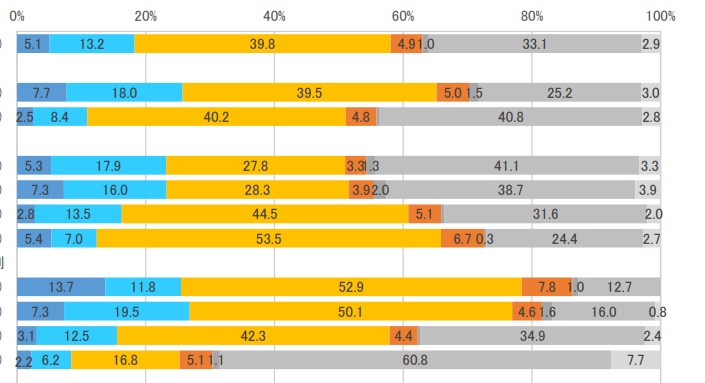

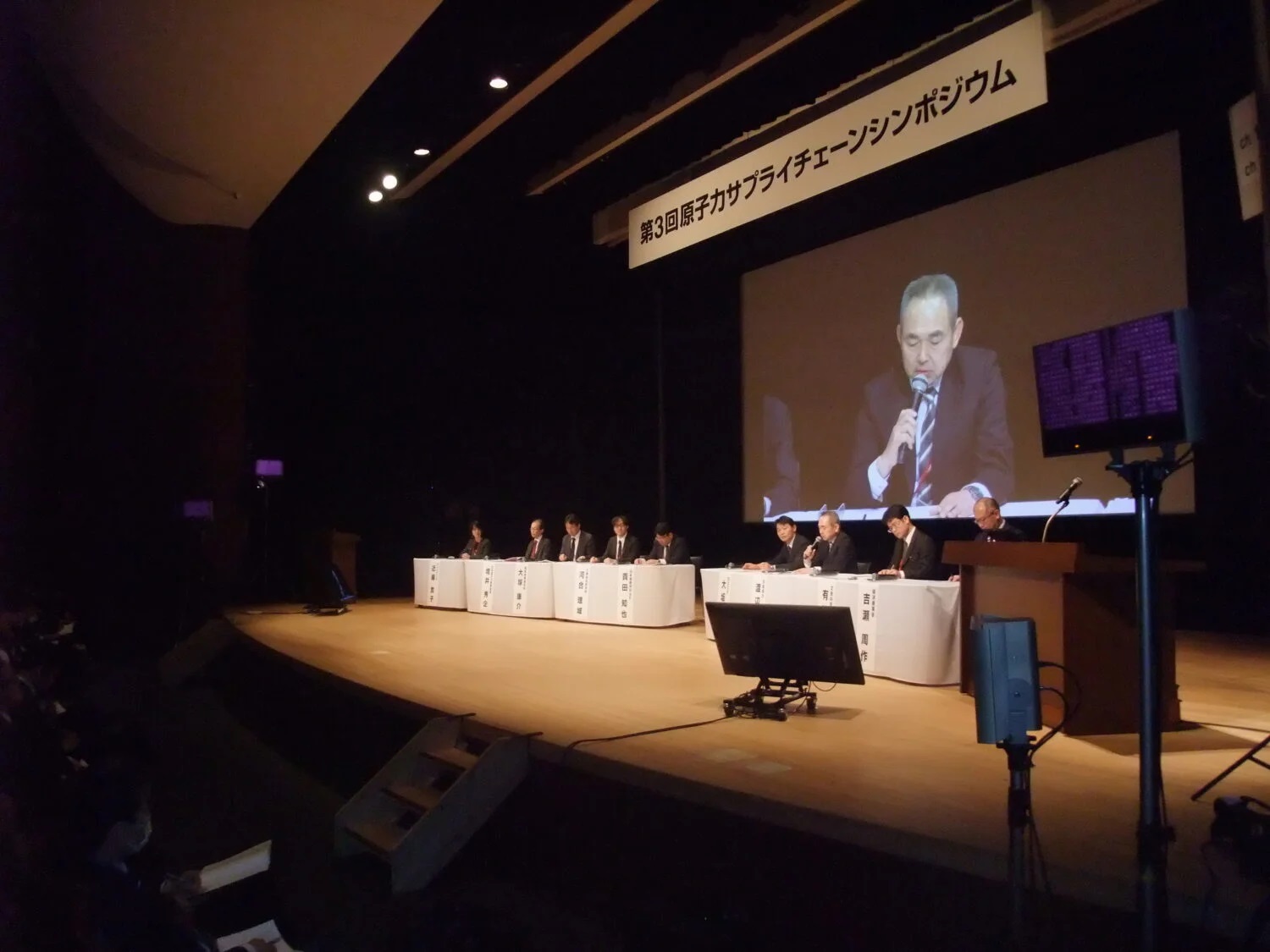
-1.png)


